
 We are always pleased to give consideration to new work with the qualities that this manuscript displays: imaginative scope, realism, emotion and tension. Celtic War on Terrorism by Eagle Ross is a fast-paced and vivid novel that immerses the reader in a world of intrigue, international terrorism and violence.
We are always pleased to give consideration to new work with the qualities that this manuscript displays: imaginative scope, realism, emotion and tension. Celtic War on Terrorism by Eagle Ross is a fast-paced and vivid novel that immerses the reader in a world of intrigue, international terrorism and violence.
Ross’s novel demonstrates that he is a writer aware of the dramatic necessities of the novel form: he makes good use of characterisation, atmosphere and plot to keep the momentum of the narrative. The book is taut and tense throughout, leaving the reader in suspense until the closing sentence. I liked the narrative style, which is descriptive yet straightforward and ‘no nonsense’ as befits this particular genre. Obviously, this is a work of fiction, and a highly imaginative one at that, but the narrative is brought alive by well-observed detail, that lends it a gritty, immediate quality: ‘The dirty water that continuously flowed in the channel covered the explosives completely, until the next cleaning the following year.’
The author’s description of place is highly evocative, so that the reader at once feels involved in the action. Ross plunges the reader into a dark and secretive world in which the clandestine and covert is of more significance than the open and overt. The descriptions have a brooding menace that is highly atmospheric: ‘It was a very hot night. The shirts stuck to their bodies and the sweat streamed from the dark-clothed professional killers.’
This is the kind of novel which strongly appeals to those who enjoy stylish and, in particular, real-life and well-researched thrillers dealing with the highest level of global politics, and who are interested in the future of international relations. The author has taken care to base his plot on a highly relevant and contemporary issue – that of Scottish independence – so that the reader cannot help but feel the significance of the plot’s development. The novel achieves particular force by being based on a premise which draws on actual events with which the readers can identify. The landscape – political and geographical – is evoked by alarming detail which is tremendously effective. This is an absorbing and compelling read that I am delighted to be able to recommend for publication under the Minerva Press imprint.
Boken, som selges over hele verden, kan bestilles til sterkt rabattert pris direkte fra EM24. Benytt kontaktskjemaet om du er interessert og vi sender deg tilbud.
Utdrag fra boken:
PROLOGUE
The flames heaved into the sky and thick smoke covered the whole area. It was an army depot in the neighbourhood of Kursk, Russia, which was on fire. The local Russian army’s fire brigade was fighting a loser’s game. They kept a good distance from the fire because of the extreme heat. The weapons in the depot that were threatened by the fire also prevented any closer contact. None dared to stay close to the fire, which could suddenly reach the explosives. It seemed as if the fire had to burn itself out, and there was nothing to do. The fire fighters looked like supernumeraries in an old third-rate movie. Their absence would have made no difference to the circumstances.
Suddenly the air was filled with a war-like sound. The fire had finally reached the weapons. It was as if thousands of New Year celebrations were going off at the same time. The exploding weapons led to a massacre. All the fire fighters nearest to the explosion were killed instantly. The rumour afterwards was that more than three hundred men were killed.
The Russian authorities had adopted some of the old Soviet Union’s political habits of not admitting to the real situation at times of disaster. The public would therefore never know the real figure of casualties, should they receive any information about the army disaster at all.
Rumours spread that there were also tactical nuclear weapons in the depot. Everybody ran away desperately with great fear for their lives, leaving their dead and injured comrades behind in the inferno. It was possible the destruction of the nuclear weapons would cause a much greater catastrophe than the incident at Chernobyl many years earlier. The surviving fire fighters and the people of the surrounding area would die from cancer in the years to come. Therefore, everybody’s thoughts were suddenly only to get away as quickly as possible. Superiors, still clear thinking, shouted orders to deaf ears. It was an entirely panic-stricken situation.
Chapter 1
Nearly a year before the fire catastrophe at the weapons depot, the depot’s superior, Colonel Igor Salnikov, had been on vacation in Western Europe. Afterwards, when he talked eagerly about his vacation, he said it had been the journey of a lifetime. He had never been out of the Soviet Union before, not counting the times he had been ordered by the army to participate in tragic wars, which the Politburo in the Kremlin had engaged in, connected with their on-going wish to include more of the world in the Communist Bloc. Salnikov said he had used all his savings on this particular journey that had included Italy, France and Spain, and that he believed he would never again get the chance to see the Western world. Sorrowfully, he had also added that for the rest of his lifetime he could probably only afford to eat dark Russian bread and drink cheap, weak vodka.
The journey had purely been possible because of the new democratic facilities for Russian citizens, which had allowed the population to travel freely abroad.
The fifty-year-old colonel was very typically Ukrainian, in both conduct and appearance. He was stocky, had broad shoulders and a thick neck. His hair was dark, straight, unruly and close-cropped. Salnikov had climbed the most important steps of military rank in Afghanistan, where he had been a hero. His military career accelerated rapidly and he had been promoted from the rank of lieutenant to major after he had saved his entire platoon from certain death by showing extreme shrewdness and courage. Army colleagues said he had been entirely loyal, even risking death for his soldiers, but his superiors never considered him loyal to the Soviet. They had correctly believed he had been absolutely against the Soviet’s involvement in the Afghanistan war from the very start.
Salnikov’s ancestors came from Ukraine. During the last part of the Second World War the family had been forced, by Stalin’s liberation troops, to move from Kiev to Perm, a city by the river Kama in central Russia. Afterwards, they had not been allowed to return home. The colonel’s patriotism, if he had any patriotism at all, belonged for this reason, exclusively to his ancestors’ Ukraine.
Salnikov had also served two long years in Chechnya until the Russians had been forced to pull out of the conflict. He had always, like any loyal soldier and perfect army officer, obeyed all orders, although they often seemed completely against his personal will. He had, without protesting, executed all the killings and seen his troops and enemies blown to pieces. As compensation for his loyalty to the army, he had received the rank of colonel, but he considered there would be no future opportunities for further promotion.
After his participation in the Chechnya war, Salnikov had been ordered to serve his last years in the army as the commander-in-chief of a weapons depot in the neighbourhood of Kursk, a town near the Ukrainian border. He felt much dishonoured by this order which would positively be his last task in the army. Afterwards, as a Russian army officer, he could only foresee a depressing life. Retired and living on a scanty pension in a small, army retirement flat, among similarly dispossessed colleagues, he would be waiting for the release of death. He could not accept this prospect for the future.
The plane carried Salnikov directly from Moscow to Linate airport outside Milan in Italy. He could read the enormous Grappa poster on one of the hangars at the airport, when he descended the steps from the plane. He felt as if he was in another world.
The Hertz car rental company, with a desk by the exit door, had accepted his Russian driving licence and he became the driver of a four-wheel drive, aluminium Audi for the first time in his life. The taste of Western luxury made him feel really good. He had never felt more strongly that he had missed something in his former life. He studied a map and was soon driving eastwards on the motorway, in the direction of Padua.
The traffic was heavy and the speed was slow. However, he considered this only as an advantage because he had to get used to the new monster of a car before he drove any faster. It was quite different to drive a new four-wheel drive Audi with more than 130-horse power, compared to his old Lada back in Russia.
He had observed the frighteningly high speed of the cars in the westbound lane at the other side of the green, dense row of shrubs that divided the road. The traffic was not as obstructed on that side, as on his. It was seven p.m. and the whole of Milan’s workforce seemed to be on the road at the same time and travelling in his direction. The Italians were on their way home for dinner, probably consisting of pasta or pizza, covered with a thick layer of Parmesan cheese. He had been told the Italians mostly ate these dishes and he had himself eaten pizza several times with great delight at the new Italian restaurants across Moscow. He had also frequently eaten Russian meals containing pasta and Italian cheese. Thoughts about food made him suddenly hungry and he stopped at the first motorway restaurant – a Motta Autogrill.
The restaurant was a self-service one, which bridged the motorway and could be accessed from both sides of the road. Salnikov impatiently loaded his tray with dishes he had barely heard of. It looked fantastically delicious. He sat down at one of the tables with a view towards the cashier’s desk. He wanted to look at the people around him and to feel the atmosphere. He wanted to feel what it was like to be a free man in a free country – at an Italian self-service restaurant by the motorway.
Salnikov noticed a furtive-looking man in his late thirties. The stranger did not look as if he belonged to the blissful bawling Italian crowd. The stranger looked extremely Russian and he glanced around for a couple of seconds like a youngster for the first time on a dance floor, before he finally bought a Coca-Cola. He glanced again, carefully in Salnikov’s direction while he walked across to a table by the wall, where he could sit in the shadow and view the entire restaurant unnoticed.
A woman with three children tried to load several trays with different dishes, accompanied by their protesting and demanding cries. An old man took a pre-cooked dish with mozzarella cheese and was slowly pouring oil and vinegar over it, and then sprinkling on some salt and pepper. One of the crying children ran into him and the plate fell to the floor and broke. The old man angrily shouted something to the child that Salnikov did not understand. Afterwards, he started again the same slow procedure with another pre-cooked dish. The incident looked extremely comical and Salnikov chuckled silently.
Well-fed and in a superb mood, Salnikov turned off the motorway half an hour later, in the direction of Lake Garda. He drove along the straight country road between the green fields, into a small town called Sirmione. The hectic tourist season had not yet started and the traffic in the town was light. He stayed at the first tiny hostel he stopped at.
The next morning Salnikov woke up to an amazing view of Lake Garda. The lake glittered in the slowly rising sun. He felt relaxed and sovereign. He ate a delicious breakfast of fried eggs and prosciutto, the very tasty Italian ham, in the hostel’s breakfast room before he checked out.
Salnikov had previously read about the Roman ruins in Sirmione. The ruins were near the hostel. He left his car in the hostel’s car park and walked. He took the narrow path to the ruins along the beach of Lake Garda, in line with other tourists who had also been able to get their bodies out of their warm beds early in the morning. He found the ruins astonishing. While his ancestors had lived in caves and hit their neighbours over the head with clubs, the Romans had lived in houses with bathrooms not far from the Italian standards of today. The mosaic on the floor was especially impressive.
When he returned on the narrow path towards the car he suddenly recognised the same fellow who had separated himself from the crowd at the Autogrill the day before.
From Sirmione, Salnikov followed the country road towards Verona. He arrived just after noon and drove into the old town looking for the five star hotel Due Torri. This old hotel in Verona was well known to him from various tourist brochures. It was built in the fifteenth century. All the rooms in the hotel were different and were equipped with old-fashioned furniture.
He found the hotel almost by accident, as he was driving down a narrow one way road, which ended in another narrow road, passing a small square. The hotel was situated just off this square. An antique church with two towers was situated to the left of the hotel. The church’s two towers accounted for the hotel’s name. The hotel had a very unpretentious facade. If one was not aware of it, one would easily have passed it by in search of a more prestigious facade. He parked his car in the small square in front of the hotel. The square could only accommodate a maximum of ten cars and there were plenty of parking restrictions all around. He concluded that the hotel’s guests were mostly only pedestrians.
He entered the hotel with his suitcases and stood suddenly in an enormous hall, which was almost as large as the parking square outside. The vaulted ceiling was ten metres above the glistening marble floor. Two rows of thick, Roman marble pillars carried the ceiling. Old fashioned, exclusive, leather sofas and chairs were spread around in groups. There was nobody in the hall except for a very polite middle-aged man in a black suit that stood quietly behind the reception desk to the left of the entrance, who looked enquiringly at Salnikov while he politely waited for him to speak.
“Is it always this empty here?” Salnikov asked in broken English with his marked broad Russian intonation.
“Most of the time,” the Italian receptionist replied in perfect English, “The hotel is a very quiet place mostly chosen by adult tourists and business people visiting the town. Verona is a Trade Fair city, you know, but there is no fair going on at the moment. The last one was the Agricultural Machine Fair, and the tourist season has not yet fully started so we do have some vacant rooms.”
The receptionist spoke as if he was repeating a lesson that he had learned when he first got his job. Obviously, to impress and make the obligatory marketing for the hotel, the receptionist continued, “Very often the same people return year after year, especially those visiting the Trade Fairs.”
Salnikov listened diplomatically and silently to the receptionist without any interruption. When he finally considered the receptionist had finished the defence of his doctorate thesis, he asked quietly for a nice suite.
He checked in, slept for a couple of hours and then took a shower. Afterwards, he put on the new black suit that he had bought in one of the new shops in Moscow, which sold solely expensive western European makes. The suit had the latest Western look and he would not appear any different from most of the people in the town. He completed his outfit with a white Van Heusen shirt, a dark blue and white spotted English silk tie and Italian hand-made shoes.
Salnikov usually had absolutely no interest in clothes at all. He only wore them because he needed to. However, he did not want to stand out from the crowd. That was the only reason he had equipped himself with these rather expensive Western clothes when he travelled to Western Europe. He could easily see the main difference between a Russian-made and a Western-made suit. The Russian authorities considered this knowledge of great importance to someone in his position, however ridiculous it sounded. This was because high ranking Russian officers had to attend one of the Russian Military’s Secret Intelligence Police spy schools – GRU institutes. Salnikov had stayed in such an institute for six months as part of his military education. To detect an enemy spy’s identity by clothes and behaviour was one of the subjects taught at the institute. Anybody was a potentially dangerous enemy of the dear Motherland, and the Third World War could break out at any minute, the officer students were told at the time. Salnikov considered afterwards all this to be nonsense and completely absurd brainwashing.
Salnikov went down to the reception desk and asked for directions to the famous Arena of Verona. He had bought a ticket for a concert six months ago in Moscow. The Three Tenors, José Carreras, Placido Domingo and the great Luciano Pavarotti were to sing in the concert. This could purport to be one of the main reasons why he had included northern Italy in his travels to Western Europe. Anyway, he greatly adored opera music.
He seated himself in his place in the ancient Arena an hour before the concert started to avoid the crowd. While waiting, he observed the audience. Again, he suddenly caught sight of the same man he had seen at the Autogrill near Milan, but this time with another man of about the same age. Both men were wearing black suits and grey ties. He could immediately see the suits were Russian-made. Both men had detectable, typical Russian behaviour. He was quite sure now; the men had actually followed him. And they were obviously amateurs. No professional spy would show himself to the victim three times within such a short interval. The victim needed no statistical education to calculate that this was a completely impossible random incident.
Salnikov shook fearfully. The Russian Secret Police must have had me under observation for a long time. It is now more than six months since I ordered the tickets in the Italian tourist office in Moscow, the only place where the tickets could be ordered in Russia. The tickets had probably been completely sold out for at least five months. Yet suddenly he felt calmer. This might, however, not be such a strange situation after all. The Russian Secret Police had obviously not realised that the Cold War had ended, and were still suspicious of all unusual behaviour. He was a colonel in the Russian army. He was travelling alone to Western Europe. That must be considered very uncommon behaviour. In addition, they knew he was Ukrainian and not a real Russian. This must have made them especially suspicious. What was the damned colonel’s real purpose in travelling to Northern Italy alone? They would of course doubt the purpose was his great interest in opera music and ancient architecture. They just had to send investigators, hopefully to be correctly informed, Salnikov concluded with a relaxed smile. He had still not yet done anything that could create suspicions for the Russian Secret Police. He decided to ignore them and made up his mind to enjoy the concert even more.
After the concert Salnikov walked around for a while and looked at the town. Old Verona had heavy, five-storey buildings. One got a very typical view of the buildings when looking away from the Arena to the right side of the large square. The old city was surrounded by an ancient Roman city wall, which twisted itself between old and new buildings. One could easily see it was centuries ago since the town had grown beyond the ancient wall. The traffic was not too heavy. It was still possible to breathe without yearning for oxygen in the clouds of exhaust gases and to smell the special aroma of the living Latin town.
The amateur spies followed Salnikov at a distance, but he was very careful not to give away any sign that he had seen them. He found a nice ristorante where he was sure the spies had no chance of following him without revealing themselves. The spies had to gaze from outside, while he was enjoying a splendid dinner. The restaurant was a small, rebuilt church forced in between two other buildings. All the buildings were probably from the fourteenth century. The restaurant was just one large room and all the guests had full view of each other. There were only about twenty tables, but at least seven or eight waiters served the guests. All of them were dressed similarly in black livery, white shirts and black bow ties.
The headwaiter appeared as soon as Salnikov came in and asked him politely in English, “Are you Scandinavian, sir?”
“No, I’m Russian!” Salnikov replied militarily and brusquely, as if to imply that the Russians were a lot better than the Scandinavians.
“Are you alone, sir?” The headwaiter continued, completely ignoring the brusqueness of Salnikov’s reply.
However, he did not wait for an answer to his new question, but led Salnikov to a table with a thick, white tablecloth and a vase of fresh red roses.
Three beautiful women in their early forties were sitting at the next table. They were laughing and were obviously in excellent spirit. Salnikov nodded politely to them, as only a Russian army officer can, and received wide, inviting smiles in return. The contact was established.
“Would you like an aperitif, sir?” A waiter suddenly asked.
The waiter had soundlessly approached Salnikov’s table, while Salnikov was engaged with the women.
“Yes, anything you might have, please,” Salnikov replied politely.
“Do you want an English menu, sir?” the waiter inquired graciously, just like a waiter must have sounded like in an English upper-class club a hundred years ago.
“No, thank you,” Salnikov replied determinedly, and continued, “I want to select a complete meal including antipasto pasta. A main dish composed of manzo or bistecca. After the main dish I would like some formaggio – formagetto sott’olio, if you have any. As an end to the meal a tasteful dolce – a spungata would be nice. The wine must be red and full-bodied – a Valpolicella vintage would be fine. And an espresso caffè after the meal with Drambuie or Amaretto liqueur. Afterwards, I would like a double whisky instead of the traditional French cognac,” Salnikov said, as if he ordered such meals at restaurants every day.
“Very well, sir,” the waiter replied and disappeared, overwhelmed, as he could not believe that a Russian could be so well informed about Italian food. He whispered very impressed to his colleagues who glanced discreetly towards Salnikov.
Salnikov who was no specialist on Italian food; he had only been sitting on the Alitalia aircraft on the way to Italy reading an article in the airline’s magazine about Italian food, because there was nothing else to read. He had tried to memorise some names. He just bluffed the waiter to impress the women at the neighbouring table.
He ate and became a bit drunk although he had more than thirty years’ experience with vodka in Russian army officers’ bars. The women at the nearby table were continuously making advances towards him, and they toasted him repeatedly. When he had finished the meal he joined their table. All of them were extremely amicable. The women obviously had plans for their new companion.
“A Russian army colonel. That must be very exciting,” the youngest of the women gushed more than once.
She was wearing an expensive, pastel green, strapless dress. The dress seemed only to be fastened to her luxuriant bust and ample curves. Her bust seemed all the time to be trying to get out of its jail behind the dress. She wore no bra. Her lips were full and painted red. Her hair was the brown you only find on Italian women. She had deep, large, brown eyes which could easily swallow your whole soul. Her skin was tanned, and she had long, beautiful legs and was as thin as a model. Her name was Gina. There was absolutely no doubt about Gina’s intentions for Salnikov later that night.
All the women came from Venice and had also attended the concert at the Arena. They all seemed to be well educated and spoke English fluently, with a very sexy Italian accent.
“Do you want to come to a nightclub with us, dearest?” The woman, who might be the oldest of them, suddenly asked very sexily. Her name was Claudia and her attributes were equal to her friend’s. Her hair was fair and her eyes bright blue. She looked Scandinavian, although she was a genuine Italian. She was wearing a short, light blue dress which covered very little, and a beautiful pearl necklace. She also had tanned skin and was about the same height as her younger friend, Gina.
“Sure, ladies,” Salnikov answered and lifted his glass in a toast. “I’m a tourist and want to experience as much as possible while I’m visiting Italy. I can sleep when I get home.”
The three Italian beauties and Salnikov hired a taxi to a nightclub, which was situated on the hillside high above the town. Salnikov was too drunk and too surrounded by beautiful women, to observe exactly where they went. Anyway, it did not matter, because he was sure the two Russian pursuers were tailing them, and he could just ask the Russian Secret Police to tell him where he had been, if he ever needed to know.
Sofia, the third lady, had jumped onto his lap in the taxi. They all sat close in the back seat. Sofia twisted herself continually towards him with all her weight. Salnikov could swear that Sofia was wearing no pants. Luckily he was too drunk to be fully affected by the situation.
Sofia was a couple of years older than Gina and maybe a little shorter. She had dark hair and brown intelligent eyes. She had beautiful, round curves and a huge firm bust. She was wearing a red dress that must have been designed by the same Parisian fashion house as Claudia’s. She had light brown skin and looked oriental.
All the three women danced, drank and enjoyed themselves with their Russian companion at the nightclub. They did not seem to be interested in other males at the establishment. Salnikov noticed one of the non-professionals, Russian spy-tails in a dark corner. Because of that, he celebrated more than he normally would have done. He had to give the young spy the chance of writing an exciting report in the dull and dark offices in Moscow. The spy though, had sense enough to disappear after someone close to him started a fight.
The women wanted to go with Salnikov for a drink at the hotel Due Torri. The night porter in the reception also functioned as bartender at a tiny bar in the back corner of the reception hall. They sat in one of the leather sofas pairs.
The women said they had been friends for many years. They had all previously studied art and other academic subjects, including English and French. Only one of them had been married, but for a very short period, many years ago.
Sofia was 45 years old and had come to Venice from Rome twenty years earlier. Her mother had been an Arab married to an Italian businessman.
Gina, who was 43 years old, had come from the Italian speaking part of Switzerland to Venice seventeen years ago.
Claudia had lived in Venice all her life, but had studied and worked in Rome, Florence and a couple of other places. She was 46 years old and had known Sofia since her arrival in Venice. She told Salnikov that her Scandinavian looks were not uncommon in northern Italy.
Suddenly, Gina, the woman with no hidden intentions concerning the Russian colonel said, “I have read about the hotel Due Torri and want to see if the rooms in the hotel are as special as they are reported.”
They all left soon afterwards for Salnikov’s suite on the third floor.
Gina immediately undressed as she arrived in the room and angled down on the bed in a posing display. Her friends took no notice of her. They were used to her behaviour. Anyway, ten minutes later they were all undressed. The women had torn all the clothes off Salnikov. He was shocked. He had never before had sex with more than one woman at the same time. He felt great.
Gina was over him at once, like a wild tiger. She hardly gave the other women any space before she was satisfied, which she was only for a very short time. Sofia rode Salnikov like a camel, while Claudia tried to strangle him with the most exotic part of her body. At the same time Gina was standing with her bottom in the sky for Claudia to taste her wet, intimate fruit, while she herself alternately tasted the same fruit of her friend and Salnikov’s risen lord, meanwhile her friend rode Salnikov, like a rider at the rodeo. He was brutishly and intensely released from years of accumulated sexual desire. They all reached a climax at the same time. The women were screaming like Caesar’s army must have done when they attacked an enemy. Salnikov believed nobody could have slept at the hotel that night.
Salnikov ironically considered that he would have liked to read the Russian Secret Police’s report on his visit to Italy. He presumed the two pursuers were guarding him from a car parked in the small square outside the hotel. They must have been aware of the excessive screams from the women during the night.
The party woke up at noon the next day. Salnikov felt exhausted and completely empty. He had told everybody that he considered his travels to Western Europe as the experience of his lifetime. The night’s experience did not fall short of his expectation. He also knew now why the women had kept together as very close friends for nearly twenty years, but he was more than satisfied.
They all showered and went down to the breakfast room on the mezzanine floor, beside the large reception hall.
“Good morning, sir, you might really need a large breakfast,” the waiter said discreetly to Salnikov, while he glanced obliquely at the women.
Without hesitation he continued loudly, for everybody to hear, “Do you want tea or coffee, sir?”
“Tea, please,” Salnikov replied quietly and confidently.
Salnikov felt momentarily twenty-five years younger. The waiter’s reaction was similar to the receptions he could remember the officers’ mess on mornings after successful hunting nights for the women living in the billeting area around the military barracks – receptions, which immediately stopped after he got married.
“You want to serve yourself from the buffet, sir, or shall I order something special from the kitchen?” the waiter asked smilingly.
Salnikov looked hastily at the women before he replied, also smilingly, “From the buffet. The ladies seem to be very hungry today.”
Sofia asked Salnikov, “Are you ending the visit to Western Europe after your visit to Italy?”
“No,” Salnikov replied, “I have planned to continue my journey to southern France and further along the Spanish Mediterranean coastline to Gibraltar.”
“It must be nice to take a break from your job?” Sofia asked and continued without waiting for a reply. “What are you really doing in the army?”
Salnikov did not consider the question to be anything other than normal conversation. He believed there would be no harm in telling the women what he did.
He replied smilingly, “I am the superior at a Russian army depot.”
But he was to become more suspicious after Sofia’s next questions. The woman was actually examining him.
Sofia asked him quickly and eagerly, “Where is this depot, and what does it contain?”
Salnikov did not, of course, want to disclose military secrets, and replied diplomatically, “It’s situated in the middle of Russia and contains all the equipment which a weapons depot would normally contain.”
To change the subject, he quickly asked Claudia, “Are you all travelling back to Venice today?”
Claudia did not have time to reply before Sofia asked, “Do you have access to all the equipment at the depot?”
Claudia was obviously not as experienced an interrogator and Salnikov answered calmly, “If you mean the kitchen, I’m permitted to enter, but god damned if I touch anything. I would be thrown out directly by the chef, I’m quite sure – I really am.”
Sofia took the hint, and she did not ask any more. It seemed as if she was for a while immersed in her own thoughts. The meal continued without further questions about Salnikov’s occupation, but when the women were about to leave the hotel, Sofia spoke in the sexiest way she was able to in this situation.
“I want to show you Venice before you leave Italy. Nobody can leave Italy without seeing Venice – it’s a must.”
Salnikov considered the situation for a while, whilst pretending not to have heard her.
However, Sofia did not give up. She continued trying to get Salnikov’s attention and said softly, “My mother was Arabian.”
Salnikov thought quickly and replied loudly, “I would be very pleased to visit you in Venice. I will extend my Italian visit by one more day.”
“Make it two days, dear love,” Sofia said, again as sexily as she could, but loudly enough so her friends could hear.
“OK, I will – love,” Salnikov replied shortly.



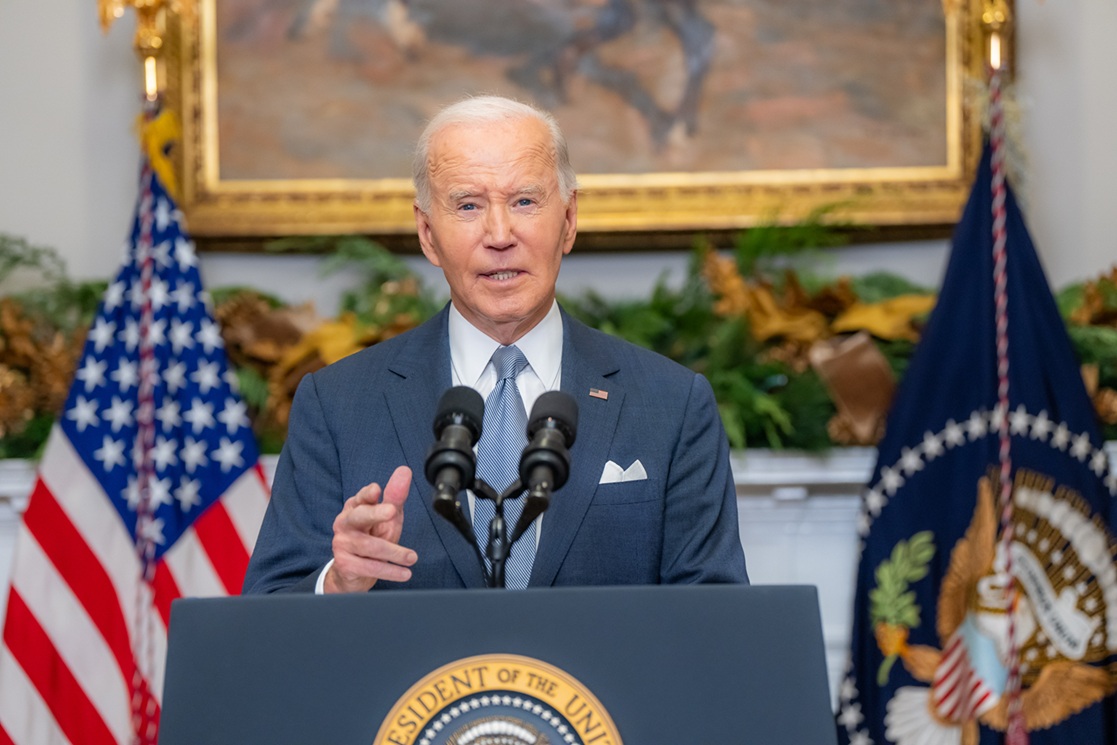


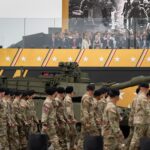







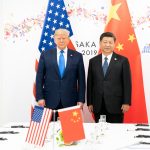





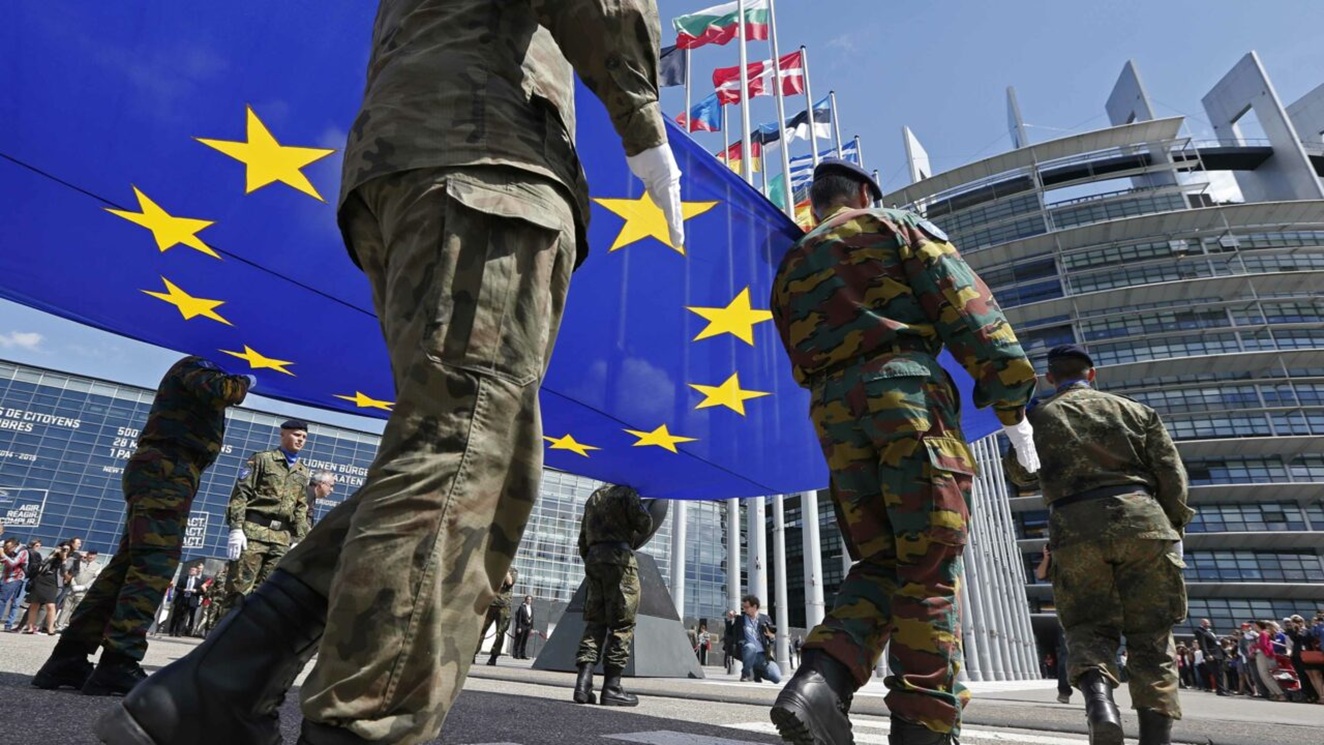
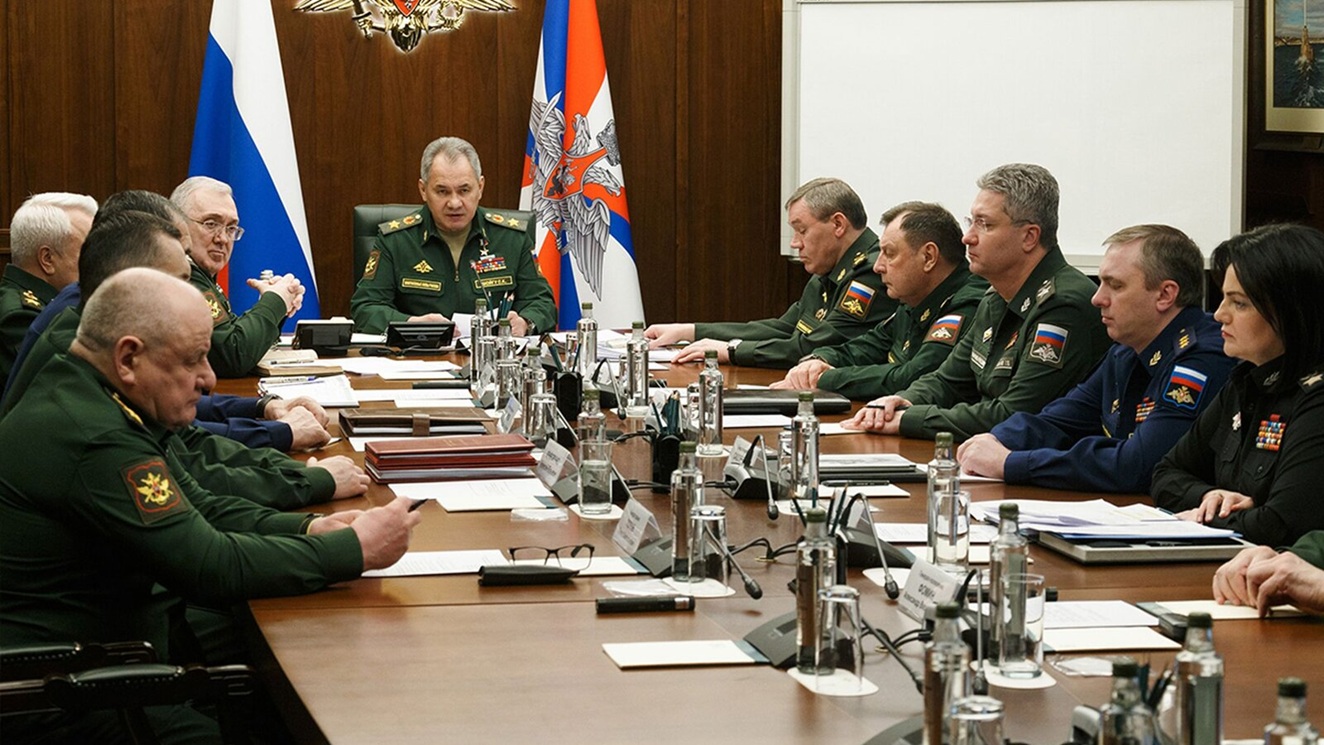
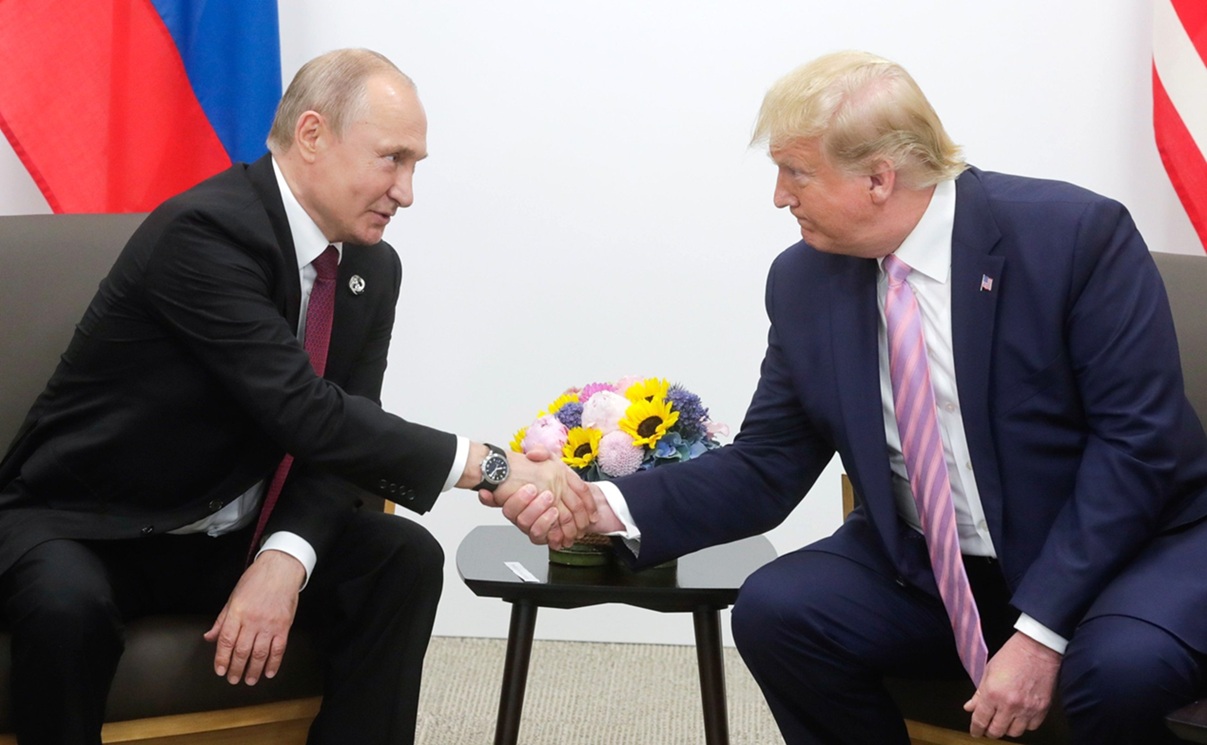
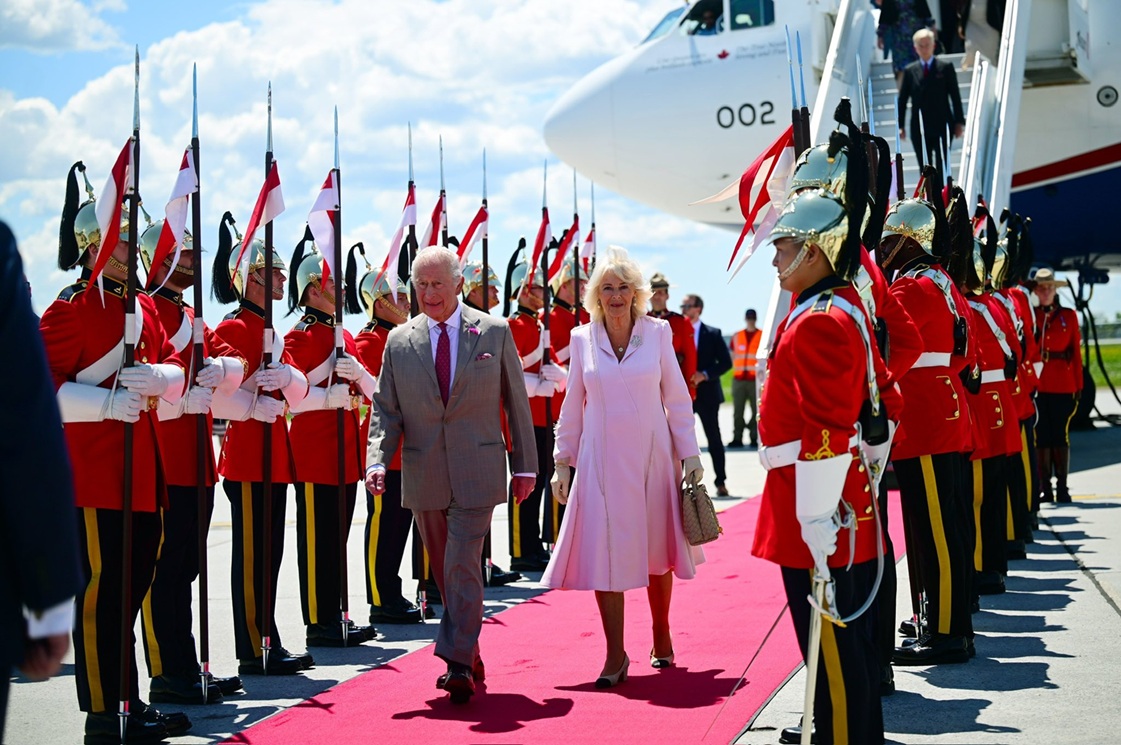
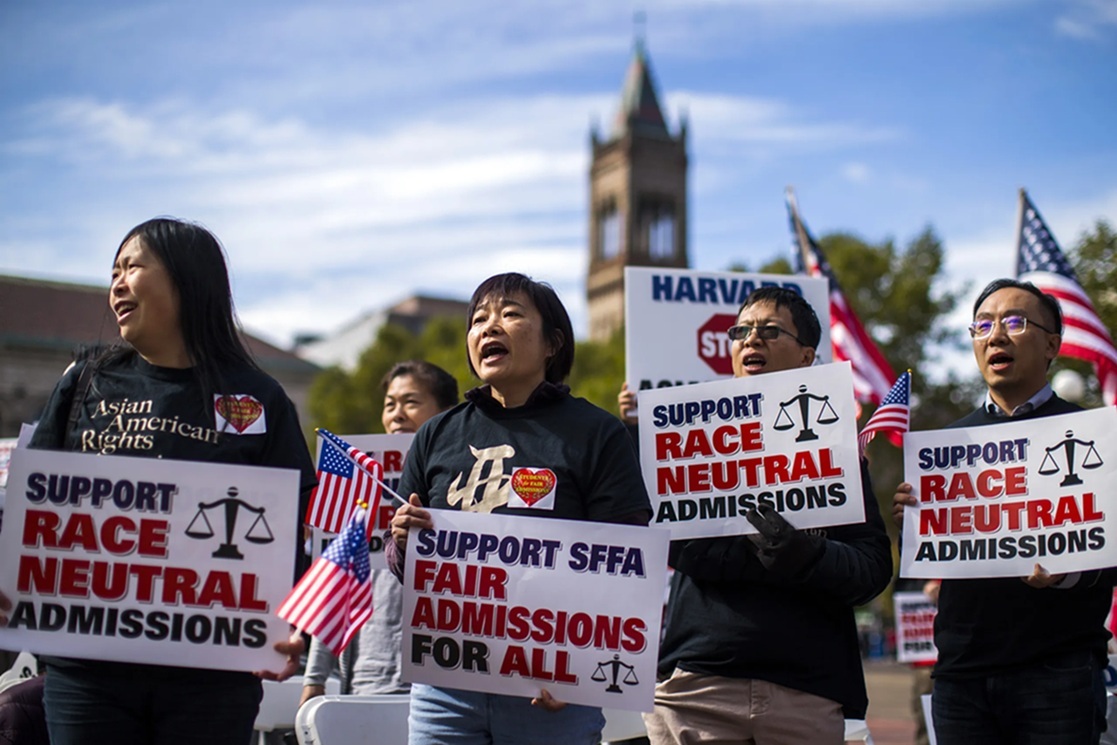

Best view i have ever seen !
Best view I have ever seen !
Best view I have ever seen !
Best view i have ever seen !
I’ve been exploring for a little for any high-quality
articles or weblog posts on this sort of house
. Exploring in Yahoo I ultimately
stumbled upon this website. Reading this information So i
am happy to show that I have an incredibly good uncanny
feeling I came upon just what I needed.
I so much no doubt will make sure to do not forget this site and provides it
a glance on a constant basis.
Best view i have ever seen !
Rattling nice design and wonderful articles, nothing at all else we need : D.
I am so grateful for your post. Really Great.